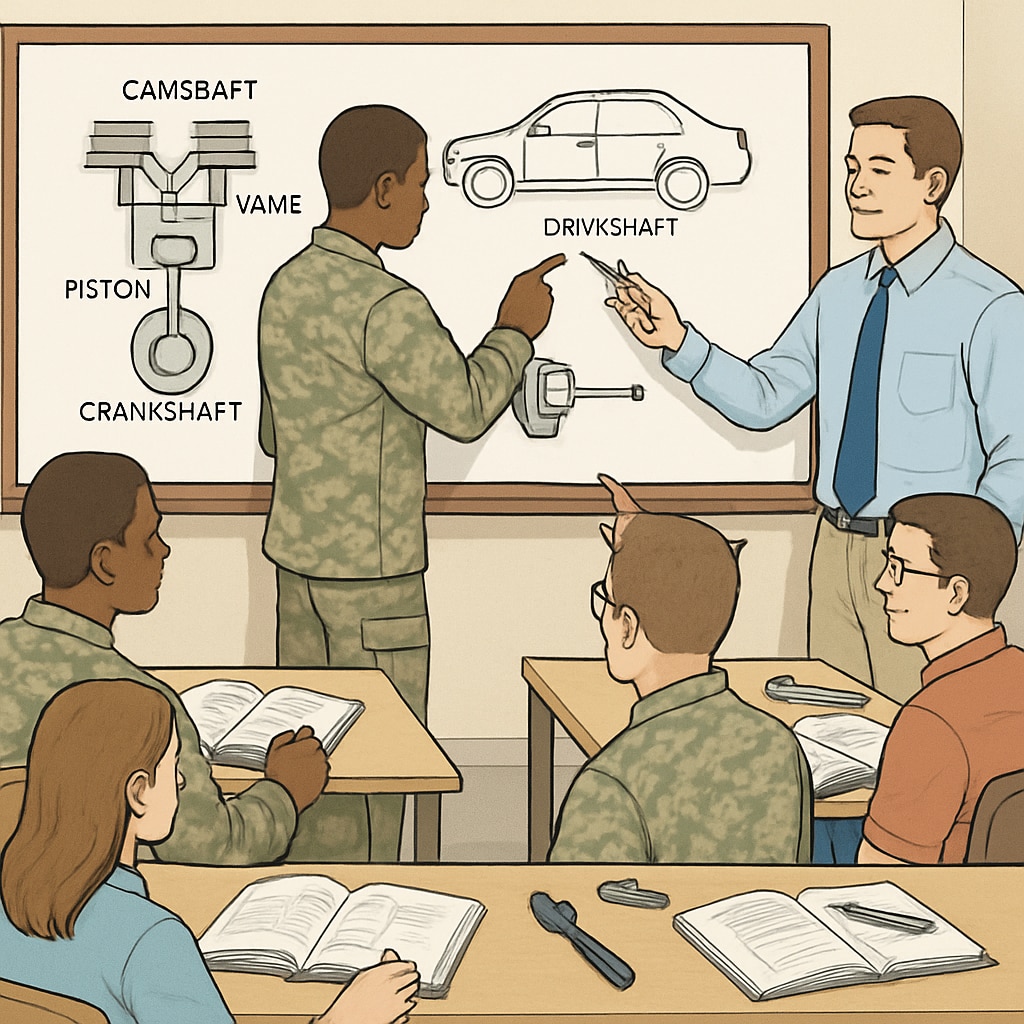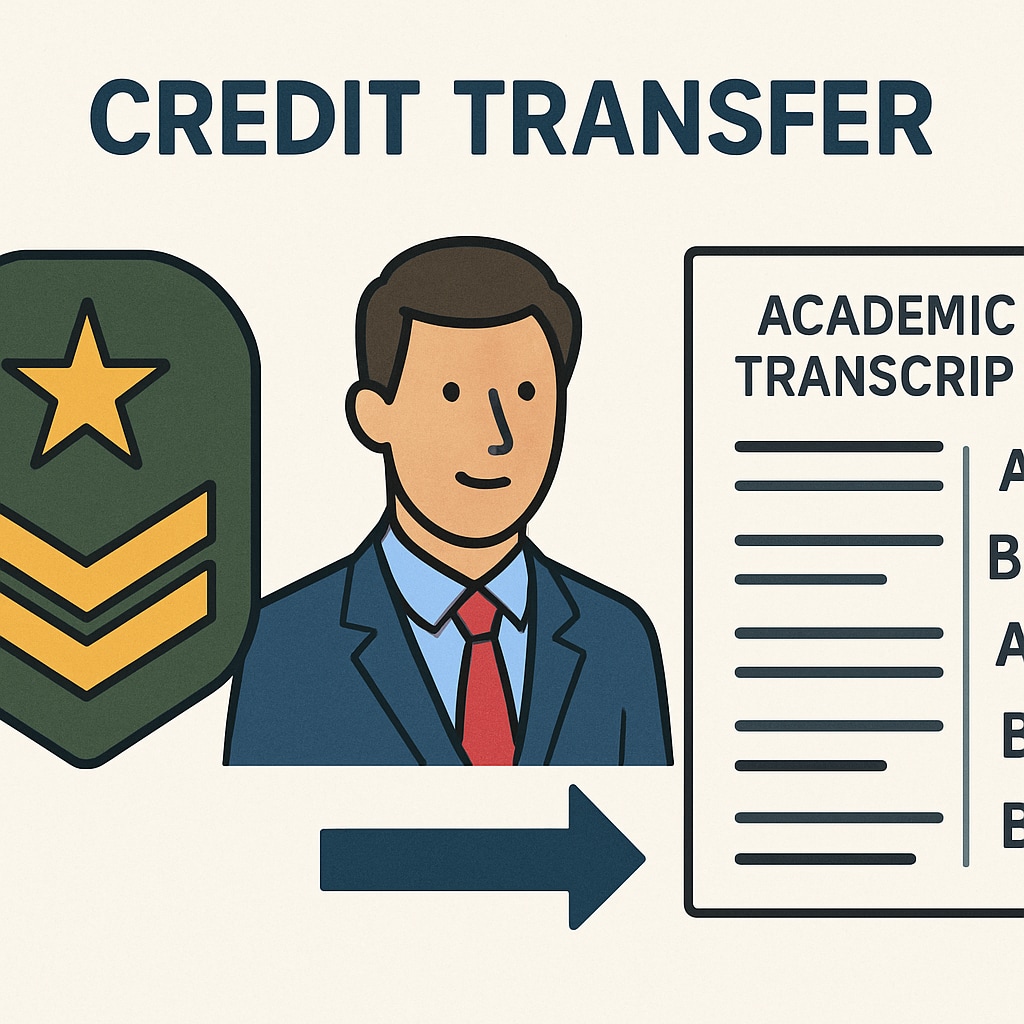For military personnel seeking to advance their education, transitioning from an associate degree in automotive technology to a bachelor’s degree can open doors to broader career opportunities in the automotive and engineering fields. This article explores strategies for credit transfer, program compatibility, and aligned career paths, providing a comprehensive guide for military professionals navigating this academic shift.
Understanding the Transition: Why Choose a Bachelor’s Degree?
An associate degree in automotive technology provides foundational knowledge in vehicle systems, diagnostics, and repair. However, a bachelor’s degree can expand career opportunities by offering advanced training in management, engineering, and design. For example, bachelor’s programs in automotive engineering or mechanical engineering build on the technical skills learned in an associate program, preparing graduates for roles in research, development, or leadership.

Credit Transfer Strategies for Military Students
One of the most critical aspects of transitioning from an associate degree to a bachelor’s degree is maximizing credit transfer. Many universities offer credit transfer policies specifically tailored for military personnel, recognizing prior coursework and training. To ensure a smooth process, it’s essential to:
- Review the transfer credit policies of prospective universities.
- Request a detailed transcript evaluation to map your existing credits to the bachelor’s program requirements.
- Leverage military training certifications, which may qualify for additional academic credits under programs like the Joint Services Transcript (JST).
For example, Britannica’s education resources provide insights into academic credit systems and transfer policies. Additionally, organizations like the American Council on Education (ACE) facilitate military-to-academic credit evaluations.

Exploring Compatible Bachelor’s Degree Programs
Choosing a bachelor’s degree program that aligns with an associate degree in automotive technology is crucial. Some of the most compatible options include:
- Automotive Engineering: Focuses on vehicle design and innovation.
- Mechanical Engineering: Offers broader training in engineering principles applicable to various industries.
- Business Administration: Prepares graduates for leadership roles in automotive service centers or dealerships.
- Industrial Technology: Combines technical expertise with management skills for manufacturing and operations roles.
Each of these programs builds on the technical foundation provided by an associate degree, allowing military students to specialize further or pivot into new fields. For more information on these programs, you can explore resources like Automotive Engineering on Wikipedia.
Career Development Beyond the Degree
A bachelor’s degree can significantly enhance career prospects for military personnel transitioning to civilian life. Many industries value the discipline, technical skills, and leadership qualities associated with military training. Graduates can pursue roles such as:
- Automotive Engineer
- Mechanical Designer
- Service Manager
- Operations Supervisor
Additionally, a bachelor’s degree can serve as a stepping stone to advanced studies, such as a master’s degree in engineering or business administration, for those seeking executive or specialist roles.
In conclusion, transitioning from an associate degree in automotive technology to a bachelor’s degree is a strategic move for military personnel aiming to enhance their technical expertise and career potential. By understanding credit transfer processes, selecting compatible programs, and exploring future career paths, military students can navigate this educational journey with confidence.


